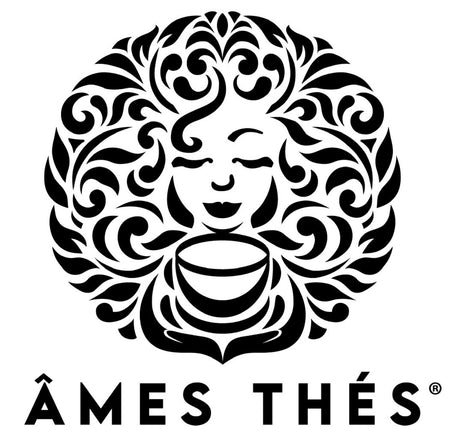
Spring Is In the Air, Let’s Get Ready!!
Spring time can be the beginning of fresh starts, organizing and cleaning reflecting and redefining. Simply put, we love the spring warm air, budding trees and delicious juicy fruits of all kinds that will be showing up soon. Not to mention the flowers that will be bursting through with their array of colors, that some how makes you smile. The excitement of vacations, cookouts, eating out side, the list goes on and on. But for some it means sneezing, itchy running eyes. What can we do now to head some of the unpleasantry off?
The answer is probably already in your kitchen
Turmeric: Turmeric’s active ingredient curcumin, has proven to be one of the best herbs for allergic rhinitis and respiratory health. A research review found that individuals who took turmeric experienced anti-allergic effects that inhibited the release of histamine from mast cells. Further research also demonstrated marked inhibition of the allergic response using turmeric. These findings suggest curcumin may have an antihistamine-like effect. (The Botanical Institute)
Ginger: Ginger is an effective anti-inflammatory herb that may help to reduce allergic symptoms. A clinical trial showed that ginger reduced total serum IgE after 4 weeks of treatment. This helped to improve allergy symptoms in the study participants.
Another human trial compared the effects of 500mg of ginger extract vs. loratadine (i.e. Claritin®), a popular antihistamine drug. The results showed that both the ginger extract and loratadine groups significantly decreased allergies, although there was no significant difference between the two groups. The researchers noted that ginger caused fewer side effects, especially drowsiness, fatigue, dizziness, and constipation. (The Botanical Institute)
Rosemary: Rosemary is another antihistamine herb that’s important for allergic rhinitis. This herb contains a polyphenol known as rosmarinic acid, which has been shown to help with allergies. A recent study found that rosmarinic acid can help to reduce inflammation and allergies. (The Botanical Institute)
YES, we should all consider our diet. What you eat plays a huge role in your well-being.
Eat foods that are alive and fresh, you’ll feel more alive and fresh.
Eat foods that are dead and toxic, you’ll feel dead and toxic.
Additional supplement you might want to add (Dr. Ronald Hoffman of Intelligent Medicine)
Vitamin C: Nature’s own antihistamine. Dosage: 500 mg 3 times daily.
Vitamin D: Emerging research suggests a protective role of vitamin D against asthma, eczema, and other allergic conditions.
Probiotics: A recent study shows that a probiotic drink (Yakult) containing Lactobacillus casei relieves allergic symptoms. Restoring proper balance of bacteria in the GI tract helps to rein in over-exuberant immune responses.
MSM (methylsulfonymethane): May block allergic reactions at the tissue level. Dosage: 1 gram 3 times daily.
